The first few years of a child’s life are crucial to his or her personality and intellectual development. Maria Montessori explains these trusts as the best gifts you can give to your infant.
The two Basic Trusts are the trust in the environment and the trust in self.
Basic Trust in the Environment:
This is the first basic trust. It is usually acquired by the end of the second month of life, which also marks the end of a very important time in the child’s life, the period of adaptation to his new world. During this time, the mother and the child depend on each other to meet both physical and psychological needs. This stage lays the foundation for the child’s personality and his view of the world and life. A child who has basic trust in the environment will approach life with optimism, security and trust in the world as a good place where he can thrive.
Basic Trust in Self:
This is the second basic trust. It is usually acquired by the ninth month, which marks the end of extero-gestation or the external pregnancy. The child would have spent as much time outside the womb as he spent inside. The basic trust in self lays the foundation for confidence and a strong self-esteem. The child who has basic trust in self will approach challenges with confidence in his abilities. He will not be discouraged by failures. He will be curious and approach the world with an exploratory attitude.
Our infant program is committed to promoting a continual balance between supporting the development of these two basic psychological trusts through quality Montessori infant care for children from three to eighteen months. At one end of this continuum is the bonding relationship between the adult and the child, while at the other is support for a growing sense of self and independence.
Our infants grow in a nurturing environment under the guidance of certified Montessori teachers.
- The aim of Montessori infant programs is to foster the development of basic trust and to assist in the normal development of the personality.
- Basic trust develops in an environment where people respond appropriately to the infant’s communication of needs to be loved, respected, and accepted.
- Infants learn through their senses. They learn by watching and moving freely. Freedom to move is essential to the development of the infant’s potential.
- The infant is considered as a whole person and is affected by the quality of holding and feeding, as well as the quality of physical care.
- Learning, which leads to independence, occurs when infants participate in their daily routines of care.
Now Enrolling
We currently have a few openings in our infant program available January 2015. If you would like more information about our programs and want to schedule a tour, please contact us at (757) 547-7673. Our spaces do tend to fill up quickly, so please get in touch as soon as you can!



